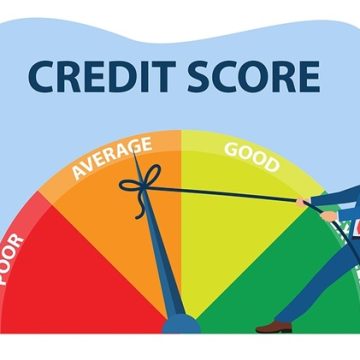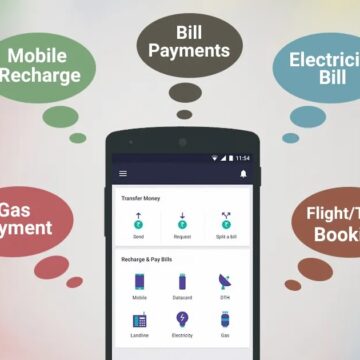Anyone who needs instant cash to cover an unexpected expense can benefit from installment loans. With this kind of loan, borrowers repay the loan in small scheduled installments. Keep reading to understand how installment loans work and what you need to take into account before applying for an installment loan.
Payments are Spread Out
If emergencies take place, getting the cash you need through a payday loan can be easy. But, in some cases, unexpected circumstances will occur and you cannot pay the loan back in full on our next payday. Fortunately, installment loans offer the benefit of letting you spread the repayments out over a longer period of time to ease financial stress.

You can Pay Off the Loan Early
When taking out a loan, it’s important to know your payment options. This is because you may want to repay your loan faster than the planned installment schedule. Ensure there are no pre-payment penalties. Even if your lender does not allow early payments, you must always know the loan’s total cost. Usually, the sooner you pay your loan back, the less interest you will pay in the long run.
Take Time Understanding your Payments
The majority of due dates for instant cash loans are based on the day you receive your income. In case your installment loan requires your payment to be debited from your bank account, ensure you are clear about what to expect on your due date. There might be times when pay dates fall on a holiday or weekend. When this takes place, your income might be deposited a day before or after a holiday. If so, you must notify your lender to avoid unnecessary charges.

Why Use Installment Loans
If you are a borrower who prefers predictability, installment loans might be right for you. Being able to know about your monthly payment lets you plan and budget accordingly. Although a good credit and a strong financial history increase your chance of getting approved for this kind of loan, some lenders may approve your application even if you have a less than perfect credit score. The only difference is in terms of the interest rate. Loans obtained with a good credit rating usually come with a lower interest than loans obtained with bad credit. Lower interests often mean lower monthly payments. This makes it important to evaluate your credit status and financial situation before applying for any loan.

















